Sad news from the Hall and Oates camp, where “I Can’t Go For That” has become “I Can’t Go Within A Specified Distance of You,” Daryl Hall having taken out a restraining order on John Oates. Actually, we don’t know whether a distance is specified, as the details of the order remain secret. But we do know that Hall last year called Oates “my business partner… not my creative partner… We’ve always been very separate, and that’s a really important thing for me.” Such discord is in the finest traditions of the music industry.
The most famous feud in music was in the most famous band, or rather after it: John Lennon reacted to Paul McCartney’s solo song “Too Many People” (a dig at Lennon’s preach-iness) with “How Do You Sleep?;” Lennon also resented Macca’s legal proceedings that formally dissolved the Beatles. Paul wore the same suit to court as he had on the zebra-crossing Abbey Road cover.
Tension is often there, bubbling under, as when Syd Barrett’s erratic behavior antagonized his Pink Floyd bandmates. “It was so bad,” remembers drummer Nick Mason, “that we almost said something.” And even when the tension erupts, it can be creative. Before making Rumours, the members of Fleetwood Mac had slept with each other in different combinations — Christine McVie even dragging in the band’s lighting director for good measure — yet the resulting break-up songs (such as “Go Your Own Way”) made it one of the bestselling albums of all time.
The Jagger/Richards feud has persisted for decades. Keef’s autobiography refers to the size of a certain part of Mick’s anatomy (references that are not to Mick’s advantage), though the best Stones spat was actually between Mick and Charlie. The former phoned the latter at 4 am in his hotel room, asking: “Where’s my drummer?” Watts dressed, put on cologne, went down to Jagger’s room, punched him in the face and said: “Don’t ever call me your drummer again — you’re my singer.” There’s also long-running dislike between Richards and Elton John, who has likened the guitarist to “a monkey with arthritis.”
Hotels and studios are OK, but for optimal angst you need the stage. Sting and Stewart Copeland used to spend the time between the “end” of a Police gig and the encore by punching each other backstage. During a 1980 Eagles gig, a fractious Don Felder and Glenn Frey were (according to Frey) “out there singing ‘Best of My Love,’ but inside both of us are thinking ‘As soon as this is over I’m gonna kill him.’” At one point Felder said: “Only three more songs till I kick your ass, pal.” There was indeed a post-gig fracas and that was the end of the band. Until 1994, when after years of saying that hell would freeze over before they played live again, they played live again. It was titled the “Hell Freezes Over” tour.
Add in some sibling rivalry to the feuds in the music world and it gets even nastier. Dave Davies of the Kinks says his brother Ray “has been happy for only three years of his life, the three years before I was born.” Phil Everly said he and Don had “only ever had one argument, and it’s lasted for twenty-five years.” The modern title belongs to the Gallaghers. Liam calls Noel “the Ronnie Corbett of rock’n’roll;” Noel sees Liam as “a man with a fork in a world full of soup.”
This article was originally published in The Spectator’s UK magazine. Subscribe to the World edition here.



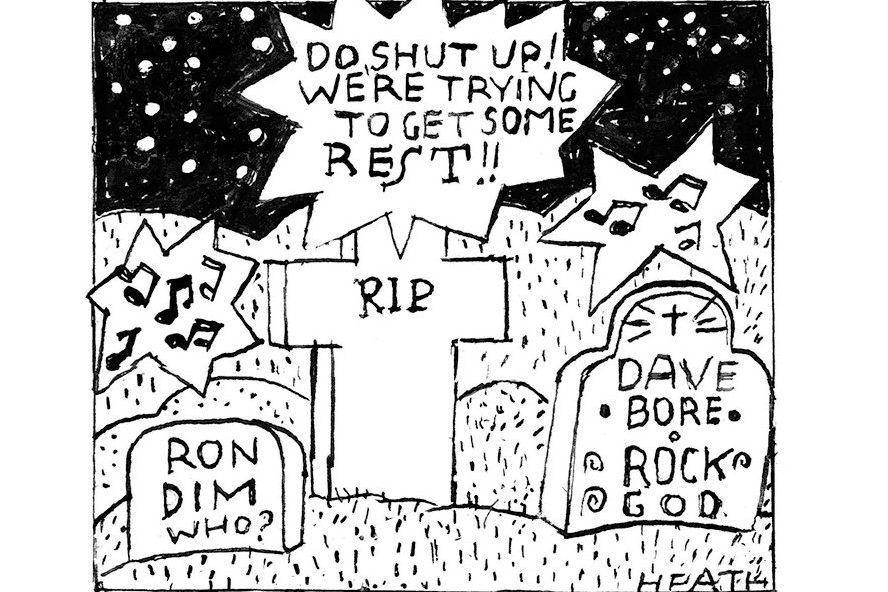








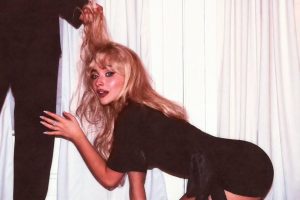
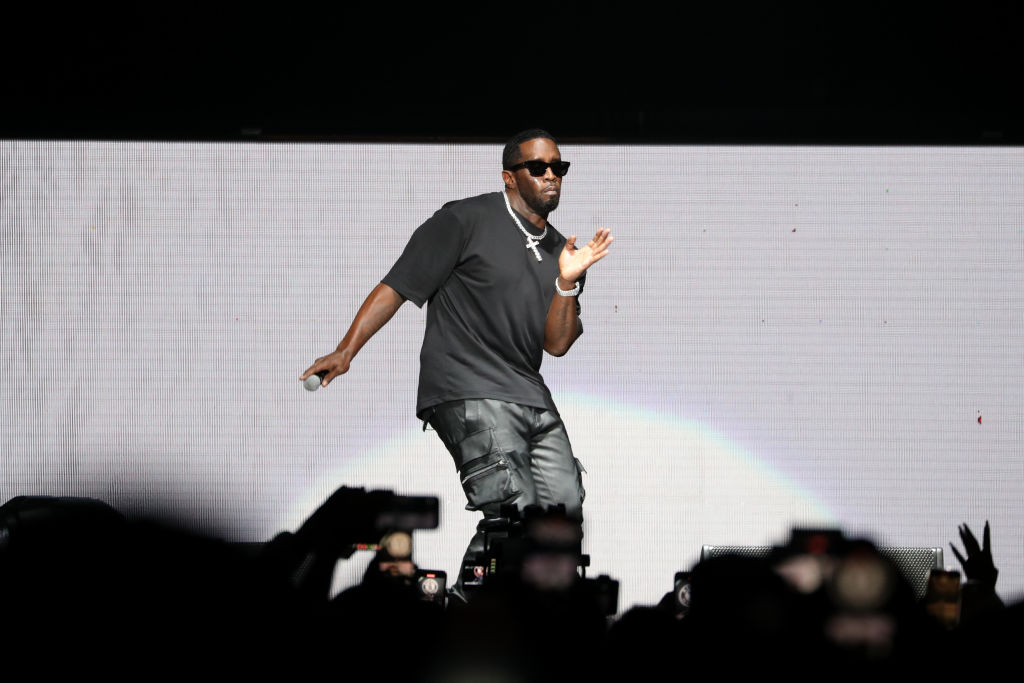
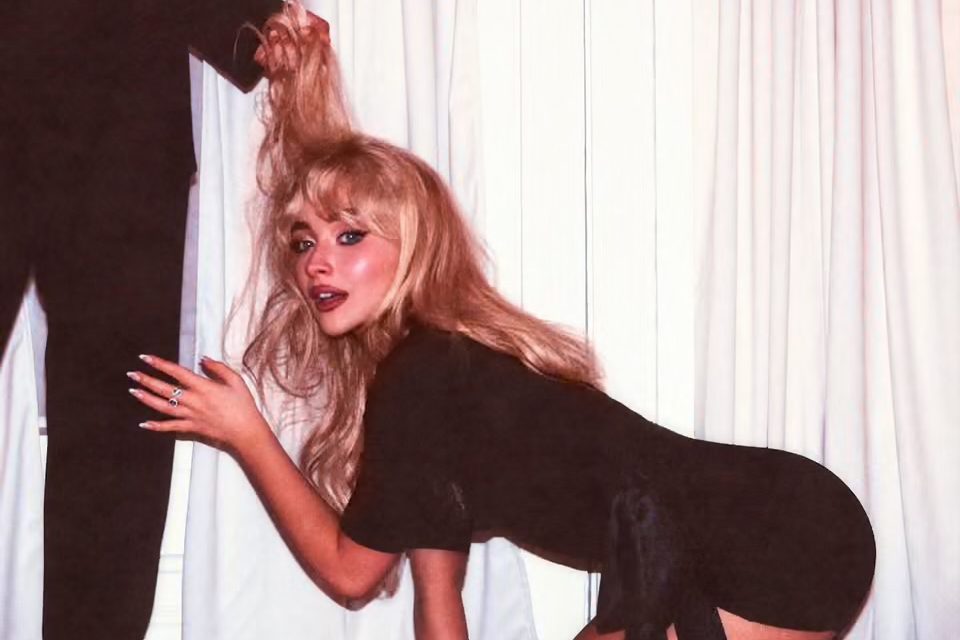
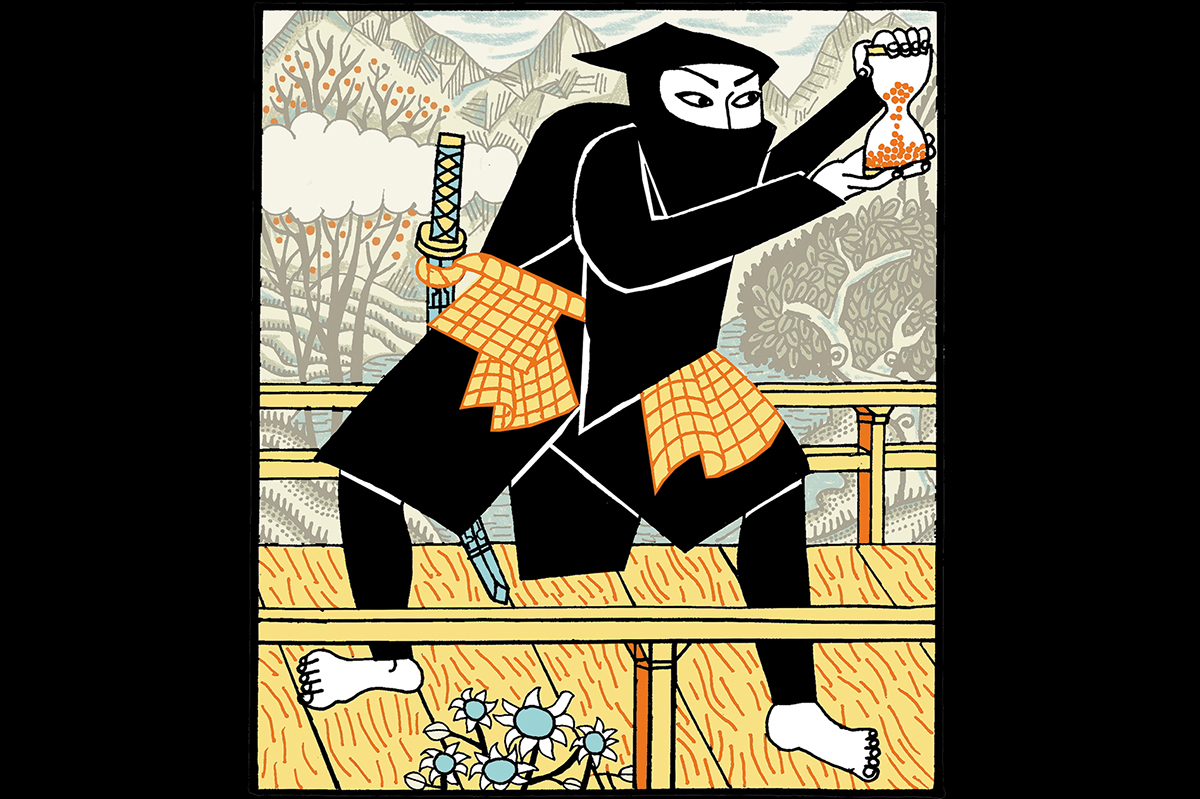
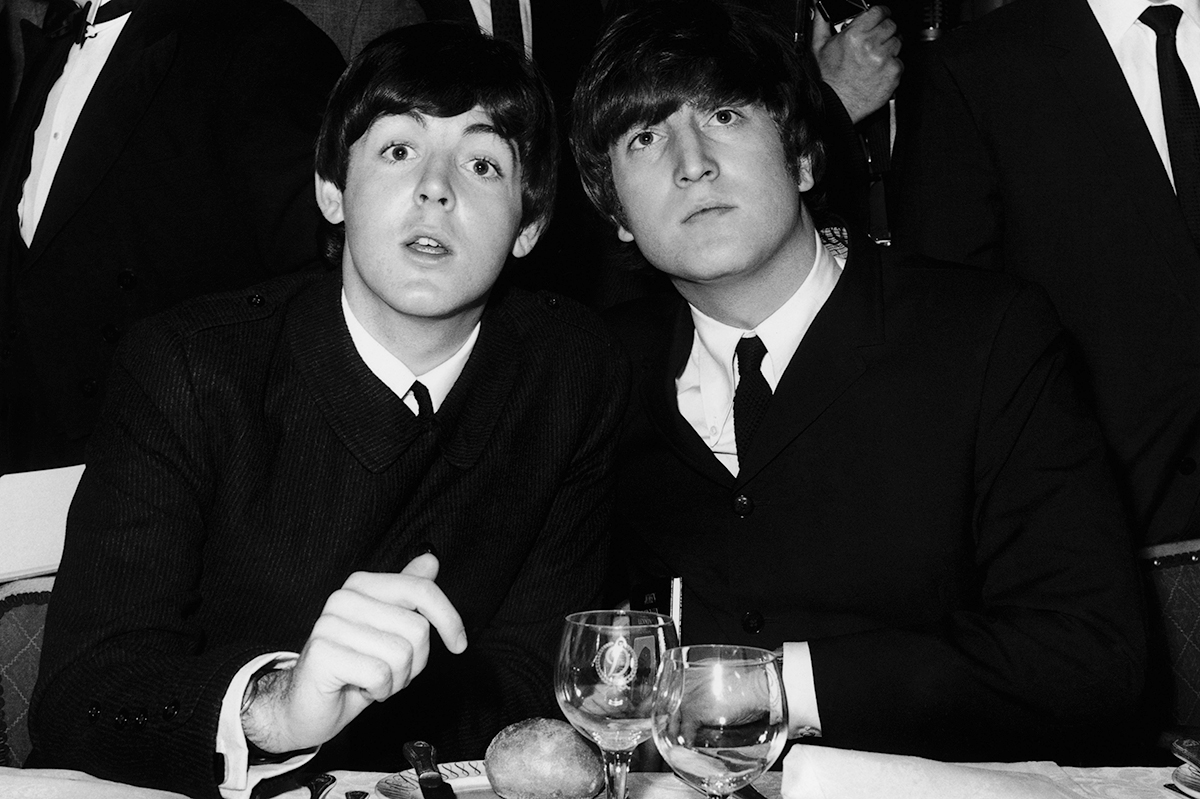









Leave a Reply